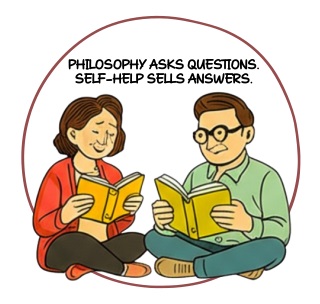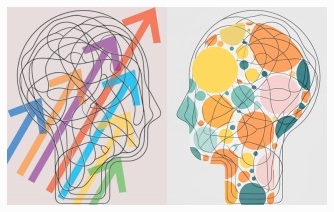
Bad therapy harms more than no therapy at all, much like poor surgery leaves a patient worse off than the original ailment.
Therapists create one of the greatest risks in psychotherapy when they mishandle past trauma. Exploring painful experiences illuminates current struggles, but therapists must calibrate carefully. Some therapists push too far, too fast and retraumatize clients because they lack the skill to navigate trauma safely. When therapists discuss trauma in ways that overwhelm rather than support, they reactivate painful emotions without providing adequate coping strategies, and clients end up destabilized instead of healed.
A therapist’s approach, skill, and fit often determine outcomes. Training background and individual ability vary significantly, but research consistently shows that the “therapeutic alliance”—the relationship between client and therapist—predicts outcomes more reliably than specific techniques. When clients feel understood and safe, difficult work transforms them. When the alliance falters, even sound methods harm.
Therapists must stay attuned to a client’s emotional state and boundaries. If a client feels retraumatized, the therapist must address those feelings immediately. A skilled therapist pauses, validates the experience, and adjusts the approach. When therapists fail to respond, clients should seek someone else.
Productive discomfort differs from harmful retraumatization. Growth requires moving through difficult emotions, but the distinction lies in whether the client feels supported or abandoned—whether they build coping resources or simply relive old pain.
Idea for Impact: The goal of analytic therapy is not excavation for its own sake, but healing that weaves the past into the present without leaving the client more fragmented than before.
 Optimism’s useful—good for your mind, body, and well-being. But it’s not a cure-all.
Optimism’s useful—good for your mind, body, and well-being. But it’s not a cure-all. Disappointed? Hurt? Offended?
Disappointed? Hurt? Offended? At this year’s Cannes Film Festival, a group of Danish filmmakers unveiled a manifesto for a cinema movement called Dogma 25. Building on the radical spirit of
At this year’s Cannes Film Festival, a group of Danish filmmakers unveiled a manifesto for a cinema movement called Dogma 25. Building on the radical spirit of 
.jpg)
 Self-help and philosophy both claim to enhance life, but they approach the task from opposite ends. Self-help assumes you know what you want—success, happiness, confidence—and hands you the tools to get there. Philosophy asks whether those goals are worth wanting in the first place.
Self-help and philosophy both claim to enhance life, but they approach the task from opposite ends. Self-help assumes you know what you want—success, happiness, confidence—and hands you the tools to get there. Philosophy asks whether those goals are worth wanting in the first place. Life is not a cradle of comfort but a crucible of experience. To be conscious is to be vulnerable—to injury, to loss, to the slow erosion of certainty. Suffering is not a glitch in the system; it is the system. And yet, the modern mind, coddled by convenience and narcotized by distraction, recoils from this fact as if it were an indecency rather than a reality.
Life is not a cradle of comfort but a crucible of experience. To be conscious is to be vulnerable—to injury, to loss, to the slow erosion of certainty. Suffering is not a glitch in the system; it is the system. And yet, the modern mind, coddled by convenience and narcotized by distraction, recoils from this fact as if it were an indecency rather than a reality..jpg)
 A thing can feel bad and be right.
A thing can feel bad and be right..jpg)
 At its core, the book pushes a blunt idea:
At its core, the book pushes a blunt idea: